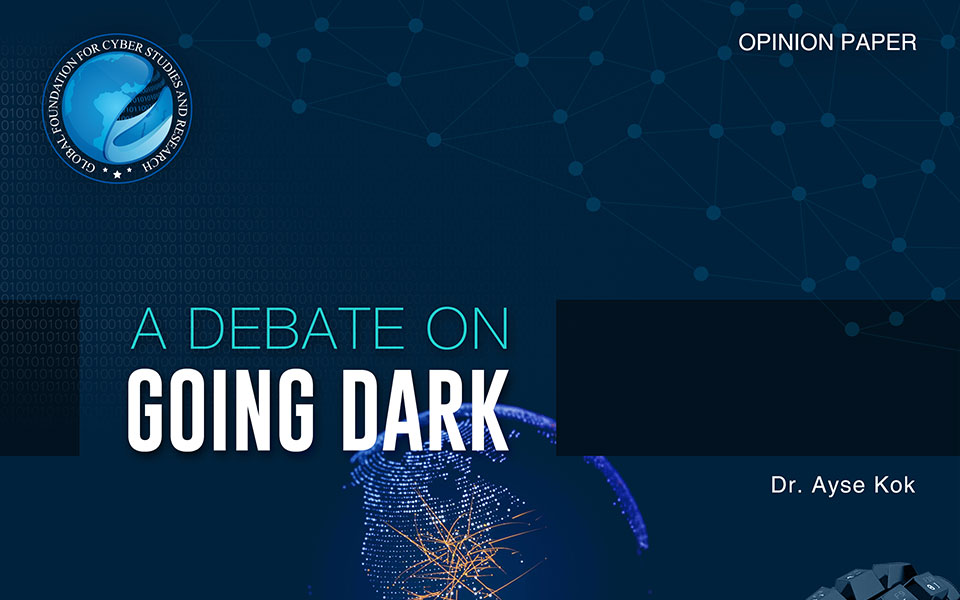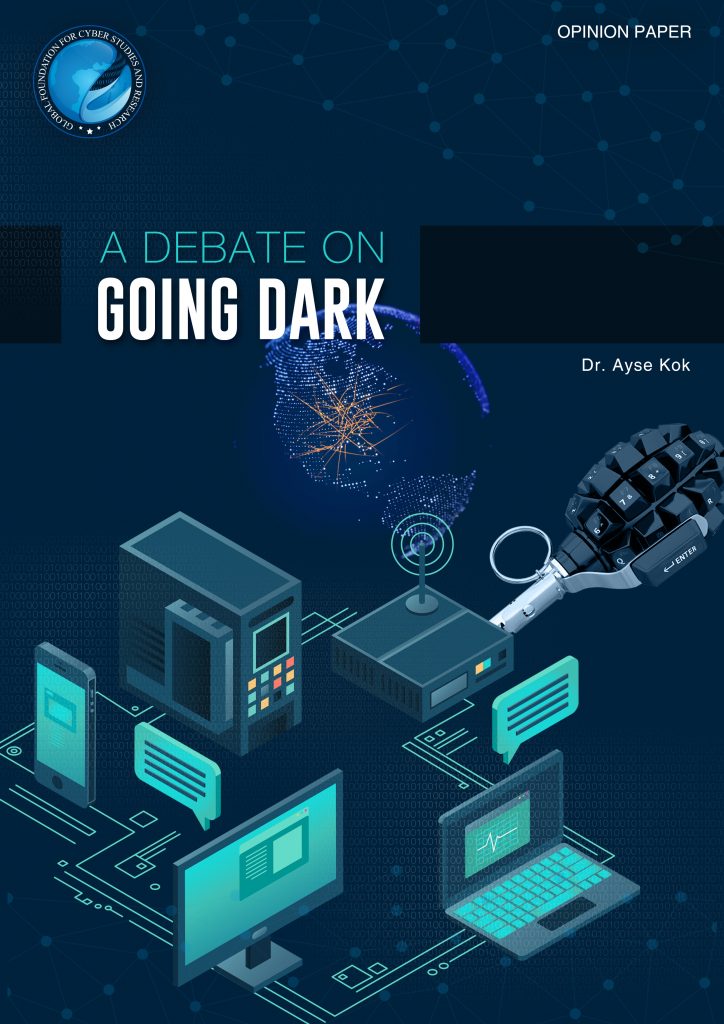A Debate on Going Dark

By Ayse Kok

Conversations around surveillance focus mostly on the use of encryption in communications technologies. This debate has caught increasing attention due to the decisions of Apple, Google, and other major providers of communications services and products to facilitate end-to-end encryption in certain applications, on smartphone operating systems, while terrorist groups try to use encryption to hide their communication from surveillance. Within the existing body of literature, topics such as surveillance and encryption have mostly been discussed as Internet politics. According to Resnick, there are types of Internet politics. Resnick defines “Politics within the Net” as the political life of online communities and related activities that impact the life off the Net only to a minimal extent. Another category that Resnick defines is “Politics which Impacts the Net” that involves policy issues emerging due to the use of the Internet as both a means of mass communication and a tool for business. The last category that Resnick defines is “Political Uses of the Net” which involves the use of the Internet by citizens, activists or government to fulfill political goals that don’t relate to the Internet per se. In other words, this relates to influencing political activities offline.

About the author(s)
Ayse Kok
Dr. Ayse Kok is a policy analyst at the Global Foundation for Cyber Studies and Research. She has extensive experience in the fields of social, mobile and digital technologies both from a professional and a researcher perspective. She participated in various projects in partnership with international organizations such as UN, NATO and the EU. She got her Masters from the Oxford University (UK) and PhD from the Cambridge University (UK).
